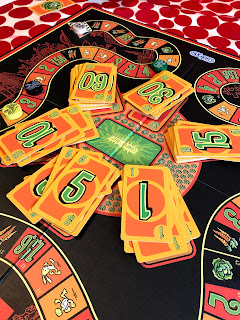As the church grew in the early chapters of Acts all kinds of people were becoming Christians. They came from all kinds of backgrounds and were welcomed into this community of people called 'the church'. Some would have come from a Jewish background, but others from a Roman or a Greek background. And many of them would have had exposure to more than one of these influences and therefore their beliefs and practices were probably a bit of a mix.
And whatever background they came from, the gospel would have challenged different aspects of their culture. One of the main challenges for many of them would have been the challenge of getting alongside people who they would never normally have mixed with. And not just getting alongside - but recognising them as your brother or sister.
Today's assembly looks at the story from Acts 6 where the church leaders have to address the complaint that one cultural group is being overlooked in the daily distribution of food to the needy. There's no suggestion that this was deliberate discrimination. It was more likely to be an oversight given the rapid growth of the church: 120 to 3000+ to 5000+ within the space of a few weeks.
But the apostles' approach was to delegate the responsibility for the distribution of food to a group (of men) who were certainly predominantly, if not exclusively, from the same cultural background as the neglected group. They were also recognised within the whole community as being 'full of the Holy Spirit and wisdom'.
The local church is a culturally diverse body. Not necessarily in terms of ethnicity and race - depending on where 'local' is - but certainly in terms of plenty of other groups within our society. There will be a spread of educational experience, a spread of financial income, a spread of ages, a spread of church background etc.
How do we respond within a local church community when a 'complaint' (to use the word from Acts 6:1) is made that the way things are being done favours one group at the expense of another? One of the lessons we learn from Acts 6 is the importance of not just listening to 'complaints' but involving those from the 'disadvantaged group' in being a part of the solution. Not just some acknowledgement that everyone is equal but genuine inclusion at an organisational level that shows that everyone is not just equal, but that everyone belongs.

